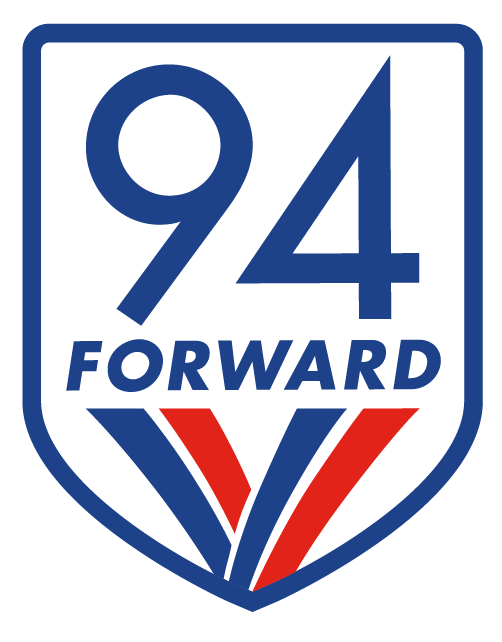"It's a pain contest, as they say."
Dominic Seiterle didn't compete for comfort, he competed for Canada. Not a single stroke came easily, but that's rowing.
"You're doing a five-and-a-half minute race," he says from his home in Oak Bay. "You push off the line in that first minute. You do as much as you can, you press as hard as you can on that footboard. You create as much burn as possible to push ahead of the other lanes and you still have four and-a-half minutes left. The pain has only just started."
Seiterle managed that burn better than most elite rowers, helping Canada to Olympic gold in 2008 in the Men's Eight. Victoria proved the perfect training ground, and the Montreal native realized that the day he arrived.
"I went straight to Elk Lake," he recalls. "My first row, I don't know who I was rowing with or what the workout was but I do remember a bald eagle swooping down and grabbing a fish right in front of me and flying off. I thought "this is where I'm going to be training?". This is incredible. It seemed like a sign to be here and doing the sport I love."
His road to Olympic gold wasn't nearly as poetic. His doubles boat finished 13th in Sydney in 2000, and in the leadup to the 2004 Olympics he came down with a blood infection which almost killed him and kept him on IV antibiotics for a month. It was eight more months before he was back in condition.
In 2005, approaching 30 years old, he decided he wasn't finished. "I'm gonna train and see how I can move up and join the team, not from a developing standpoint, but as a force to be reckoned with." He earned his MBA in New York and was back in Victoria training on his own. Dedication meant missing the birth of his first child in 2007 in order to help Canada win gold in the Men's eight at the World Rowing Championship Olympic Qualifier in Munich.
World champions became Olympic champions on the water in Beijing in 2008, and Seiterle remembers the final push. "If you watch the race on video, the last strokes of our race our coxswain (Brian Price) said "Ten more strokes and you're f****** Olympic Champions!" He was bang-on, but I took twelve strokes. I wasn't stopping until I actually crossed that line." Those extra two were the final competitive strokes of his career.
"People tend to remember your last race, your last success. Luckily I retired on a high note."
As for the medal? "It's in a sock drawer. That's usually the go-to isn't it?," he chuckles. "It comes out the occasional time I give a talk or speak to young athletes."
He recognizes the value of mentorship, especially for a young athlete settling into a new city and training environment. In many cases, that value takes shape after the first meeting.
"Being in a position where it's not just a one-off, chatting about your experience, then you get a photo op and walk away. You get a tremendously larger benefit from an ongoing relationship. To be able to talk through things even if you don't have the answers. To be able to share some ideas and be a sounding board."
Seeing bald eagles is a regular part of life in BC's capital.
"The bald eagles I almost take for granted, almost as much as the deer. But to see it on my first day, that was astonishing."
Dominic is a proud dad to three sons, and calls Victoria home.
